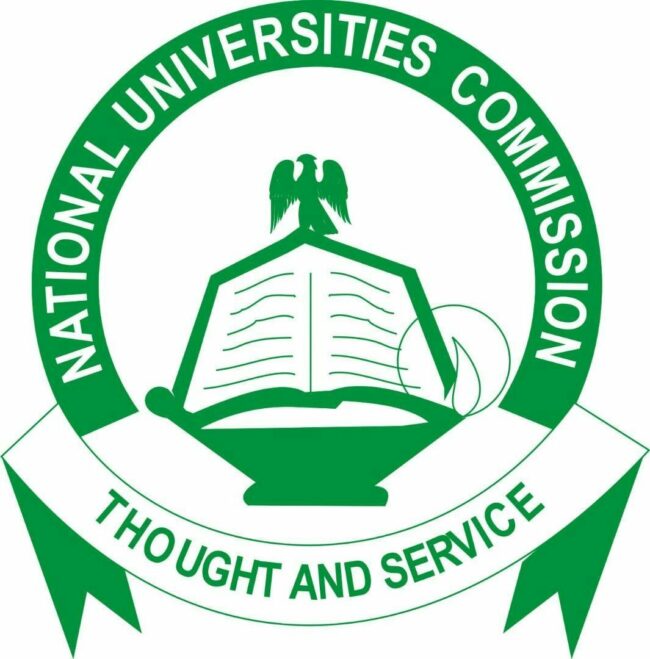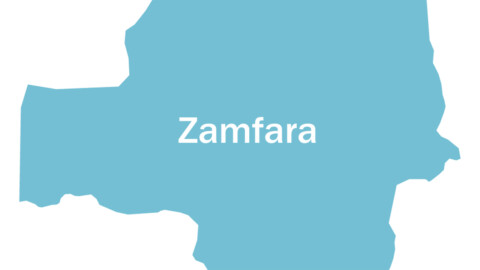Nigeria’s higher education system just got a boost. The federal government has approved the establishment of 11 new private universities, bringing the total number of higher institutions in the country to 295.
At a license presentation ceremony held in Abuja on Wednesday, the Minister of Education, Dr. Tunji Alausa, handed out provisional licenses to the newly approved universities. He emphasized that these institutions are expected to play a critical role in driving innovation, building talent, and helping Nigeria stay relevant in the global knowledge economy.
The new universities include:
- City University, Ayetoro, Ogun
- University of Fortune, Igbotako, Ondo
- Eranova University
- Minaret University, Ikirun, Osun
- Abubakar Toyin University, Oke-Agba, Kwara
- Lens University, Ilemona, Kwara
- Monarch University, Iyesi-Ota, Ogun
- Southern Atlantic University, Uyo, Akwa Ibom
- Tonnie Iredia University of Communication, Benin City
- Isaac Balami University of Aeronautics and Management, Lagos
- Kevin Eze University, Mgbowo, Enugu
Speaking at the event, Dr. Alausa said the country’s future depends on producing graduates who can solve real-world problems. “With due respect, we already have more than enough social science graduates,” he said. “What we urgently need are skilled professionals—nurses, engineers, pharmacists—who can help build infrastructure and power industries.”
He encouraged the new universities to focus on practical, technical, and STEM-based education, as well as forming partnerships that can bridge local knowledge with global standards. “Quality must come before quantity,” he added, highlighting the importance of collaboration beyond borders.
Minister of State for Education, Professor Suwaiba Said Ahmad, praised the move as a vital step toward expanding access to tertiary education for Nigerian youths.
NUC Executive Secretary, Professor Abdullahi Yusuf Ribadu, reminded the universities that the licenses granted are provisional and subject to full compliance with regulatory standards.
Meanwhile, JAMB Registrar, Professor Is-haq Oloyede, advised the new institutions to maintain academic integrity and warned against incorporating religious ideologies into their curricula.
With these additions, Nigeria now boasts 159 private universities—a clear sign of the country’s gradual shift toward a more diversified, skills-driven higher education landscape.





